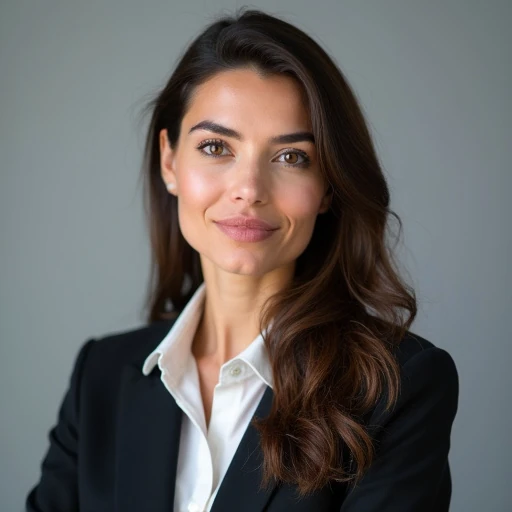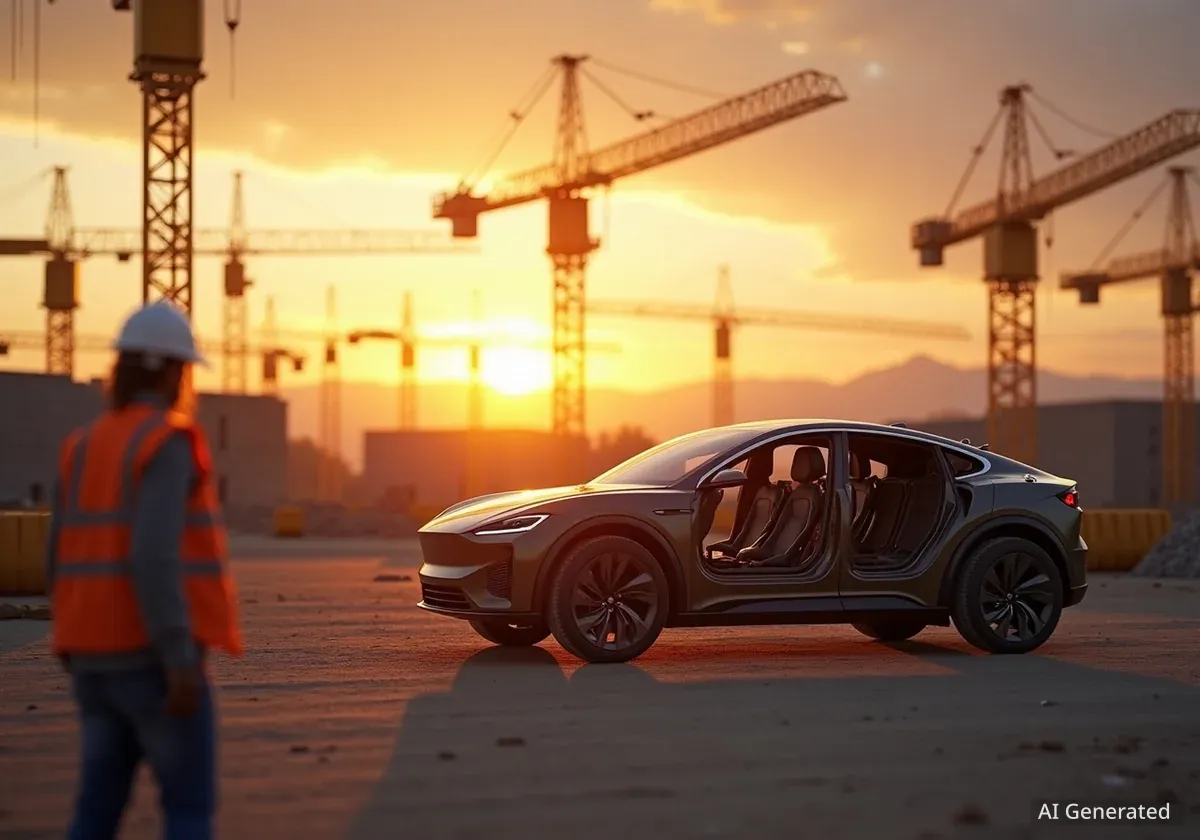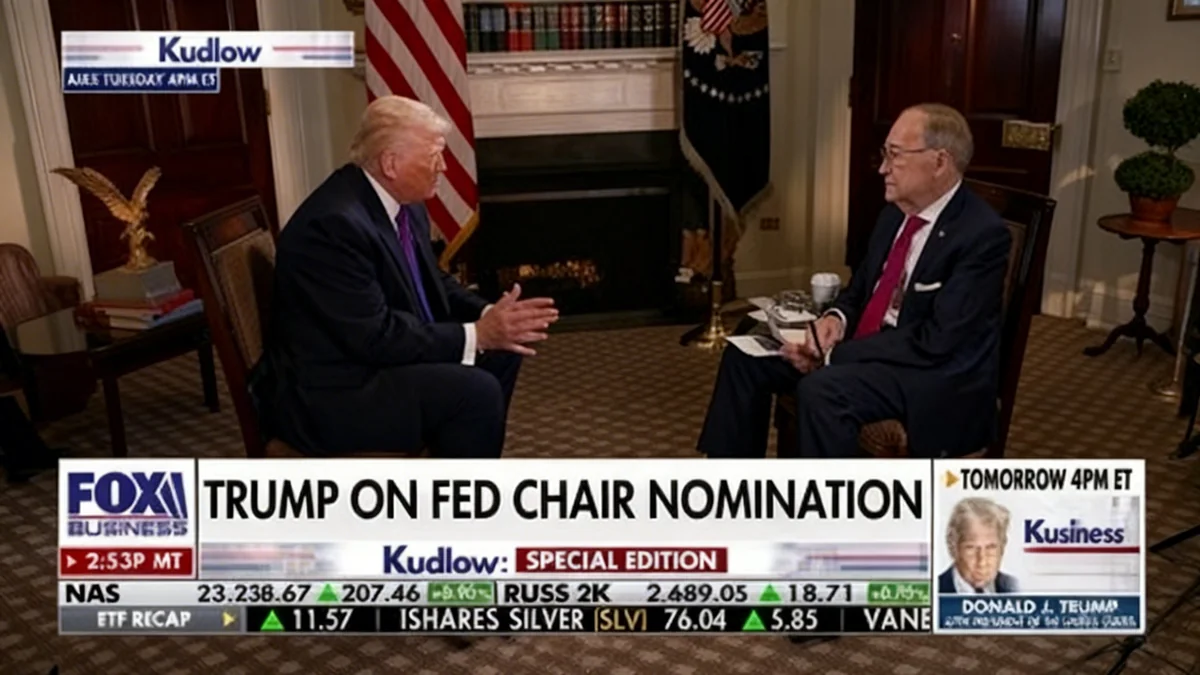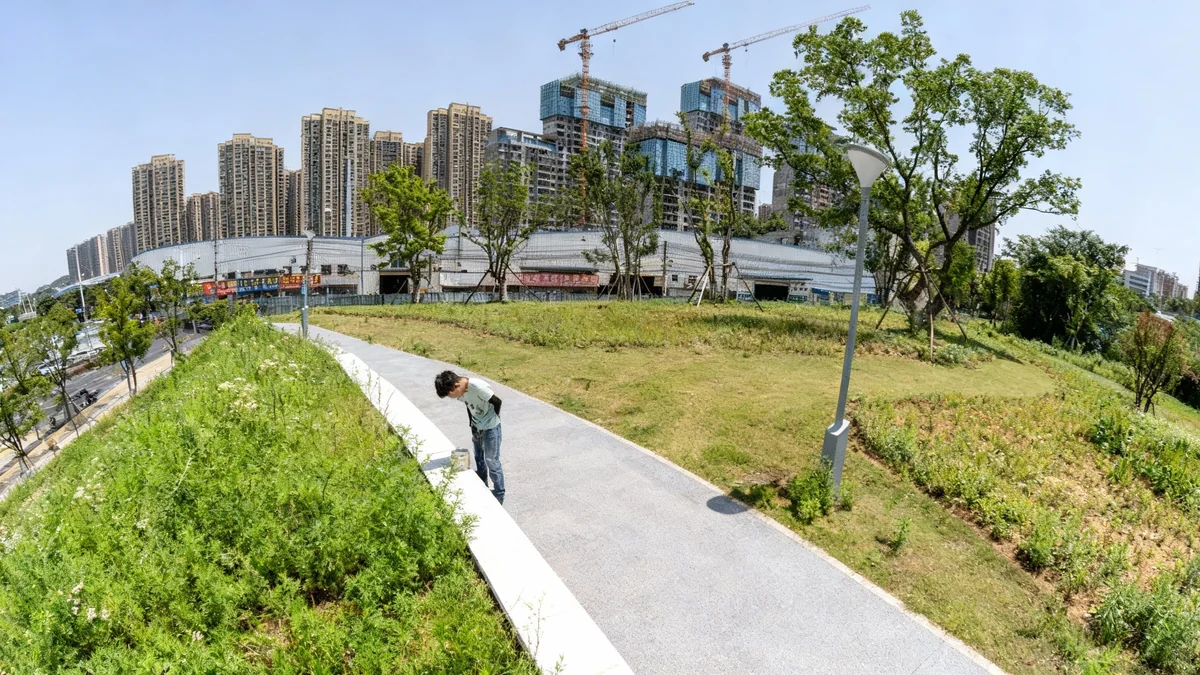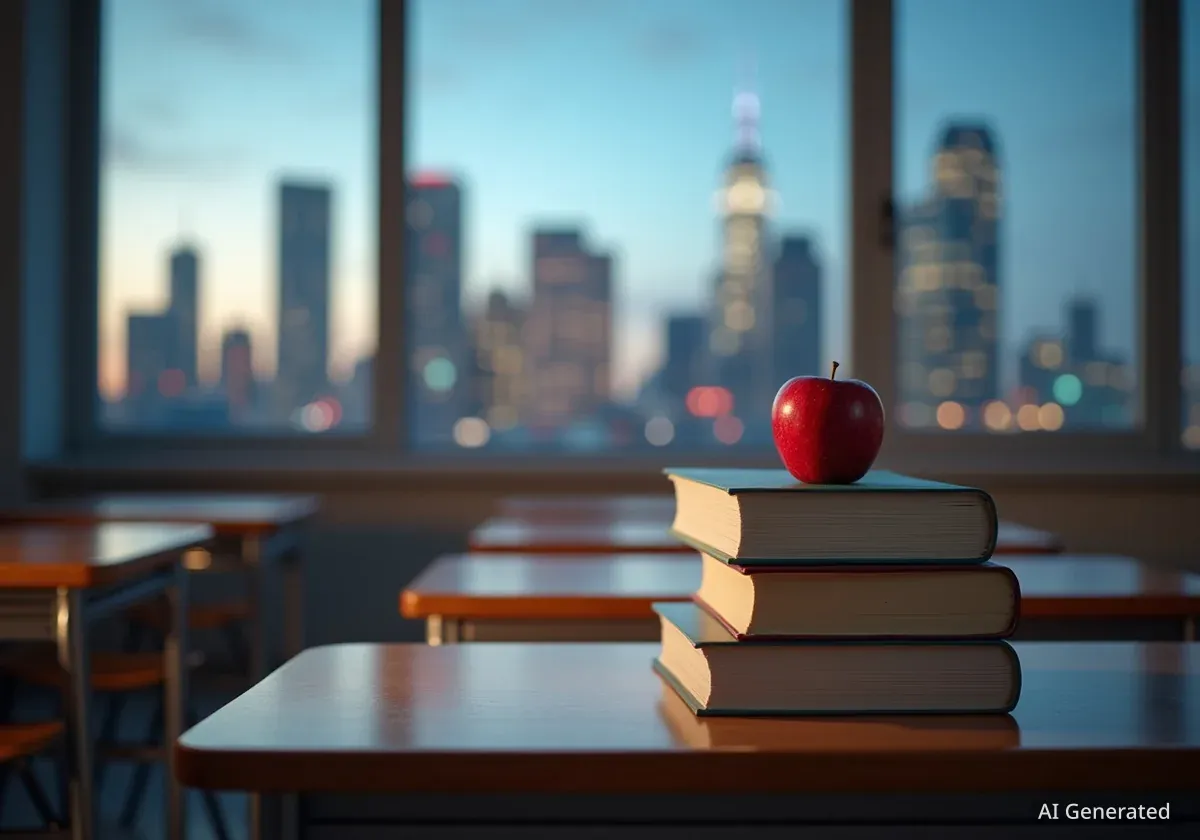The Middle East is experiencing a period of significant economic transformation, marked by major real estate developments, shifts in energy policy, and strategic international investments. In Saudi Arabia, the Trump Organization has announced a new partnership for a billion-dollar project in Jeddah, while electric carmaker Lucid is set to begin full manufacturing in the kingdom. These developments coincide with broader regional trends, including new immigration policies in Kuwait and joint aid initiatives for Syria.
Key Takeaways
- The Trump Organization and Dar Global are partnering on a new $1 billion real estate project in Jeddah named Trump Plaza Jeddah.
- Electric vehicle maker Lucid plans to manufacture fully Saudi-made cars by December 2026 at its facility near Jeddah.
- The IEA warns that Middle Eastern and North African countries could lose $80 billion in energy export revenue without faster renewable energy adoption.
- Kuwait's expatriate population has decreased by an estimated 1.6% in 2024 due to stricter immigration enforcement.
- Saudi Arabia and Qatar have pledged $89 million to help pay public-sector salaries in Syria.
Major Investments Reshaping Saudi Arabia
Saudi Arabia continues to attract high-profile international investment as part of its strategy to diversify its economy beyond oil. Two recent announcements in real estate and automotive manufacturing highlight this trend.
Trump Organization Announces Second Jeddah Project
The Trump Organization is expanding its presence in Saudi Arabia with a new partnership. The company is collaborating with Dar Global, a London-listed subsidiary of a Saudi developer, on a $1 billion real estate development in Jeddah.
The project, named Trump Plaza Jeddah, is described as a mixed-use site. According to a statement from Dar Global, the development will be designed around a central green space inspired by New York's Central Park. This marks the second collaboration in the coastal city, following the launch of a Trump Tower in December of the previous year.
This venture is part of a series of deals the Trump Organization has secured in the Middle East, with other Trump-branded towers located in Doha, Dubai, and Riyadh.
Vision 2030 Context
These large-scale development projects align with Saudi Arabia's Vision 2030, a national strategy aimed at reducing the kingdom's dependence on oil, diversifying its economy, and developing public service sectors such as health, education, infrastructure, recreation, and tourism.
Lucid Motors to Begin Full EV Manufacturing
In a significant step for the kingdom's industrial ambitions, electric carmaker Lucid has announced it will manufacture complete vehicles in Saudi Arabia by December 2026. This move transitions the company from assembling imported kits to producing fully Saudi-made cars.
Lucid, which is majority-owned by Saudi Arabia's Public Investment Fund (PIF), opened its first international facility outside the United States near Jeddah two years ago. This plant is a cornerstone of the King Salman Automotive Cluster, which is also expected to house facilities for Hyundai and Ceer, another PIF-owned EV company.
Economic Impact Projection
Officials project that companies within the new automotive hub will contribute a cumulative 92 billion riyals ($24.5 billion) to the Saudi economy by the year 2035. The initiative is a key part of the kingdom's plan to become an automotive hub, create jobs, and increase non-oil exports.
The continued financial support from the PIF is crucial for Silicon Valley-based Lucid as it works to cover operational losses and fund the development of new vehicle models.
Regional Policy Shifts and Economic Warnings
Across the region, governments are implementing new policies and facing critical economic choices that will shape their futures. From energy transition to immigration, these decisions carry significant financial and social implications.
IEA Warns of $80 Billion Revenue Risk
The International Energy Agency (IEA) has issued a stark warning to countries in the Middle East and North Africa. The agency estimates the region could lose $80 billion in energy export revenue if it does not accelerate the deployment of renewable energy sources to meet rapidly growing power demand.
According to the IEA, electricity demand in the region has tripled since 2000, driven by population growth and rising incomes. Demand is projected to increase another 50% over the next decade. To meet this gap with traditional sources, gas imports would need to rise by $20 billion over the same period.
- Key drivers of demand: Air conditioning, water desalination, urbanization, and industrialization.
- Emerging factors: Electrification of transport and the growth of data centers.
The Paris-based agency noted that governments are making efforts to replace oil-fired power plants with gas, nuclear, and renewables. Solar capacity in the region is on track to increase tenfold.
Kuwait's Expat Population Declines
Kuwait is experiencing a notable demographic shift. According to Justin Alexander, director of Khalij Economics, the country's expatriate population is estimated to have shrunk by 1.6% in 2024. This is the first such decline recorded outside of wartime or the global pandemic.
The decrease appears to be driven by tighter immigration enforcement. This crackdown on foreign labor has been a popular domestic demand and is part of a broader regulatory overhaul since Emir Sheikh Meshal Al-Ahmad dissolved parliament in 2024. These reforms have also included a review of citizenships that the government states were obtained fraudulently.
Alexander predicts the country's population could fall by an additional 2% this year, a trend that could impact Kuwait's efforts to diversify its economy away from oil.
Diplomacy, Technology, and Culture
Beyond domestic policy, nations in the region are also engaging in international aid, adopting new technologies for global outreach, and making cultural statements on the world stage.
Saudi Arabia and Qatar Pledge Aid to Syria
In a significant diplomatic move, Qatar and Saudi Arabia have pledged a combined $89 million to cover the salaries of government workers in Syria. This initiative, coordinated with the UN Development Programme, will fund a portion of public-sector wages and support essential services for a three-month period.
This is the latest in a series of Gulf initiatives aimed at stabilizing the country following the overthrow of the Assad regime in December. Gulf nations, led by Saudi Arabia, Qatar, and the UAE, have pledged over $10 billion for reconstruction projects and aid. Earlier this year, Riyadh and Doha also settled Syria's World Bank arrears.
Arab News Adopts AI for Global Translation
Saudi Arabia's oldest English-language daily newspaper, Arab News, is leveraging artificial intelligence to expand its global reach. The publication will use technology from Dubai-based CAMB.AI to translate its coverage into 50 languages.
Faisal Abbas, the newspaper's Editor-in-Chief, stated that the initiative aims to make Arab News articles accessible to an audience of 6.5 billion people. The AI model is designed to preserve cultural nuances and local idioms, which reduces the need to hire large editorial teams in different countries.
Riyadh Jeweler Creates $1.25 Million Gold Dress
A Riyadh-based jeweler has crafted a unique and valuable creation known as the “Dubai Dress.” Made by Al Romaizan Gold & Jewelry Co., the piece is made of 21-carat gold, weighs 22 pounds, and is valued at 4.6 million dirhams ($1.25 million).
The creation, which earned a Guinness World Record as the world’s heaviest gold dress, is a full ensemble. It includes a crown, earrings, a traditional headpiece, and a large necklace. The piece was recently displayed at the Middle East Watch and Jewelry Show in Sharjah.
